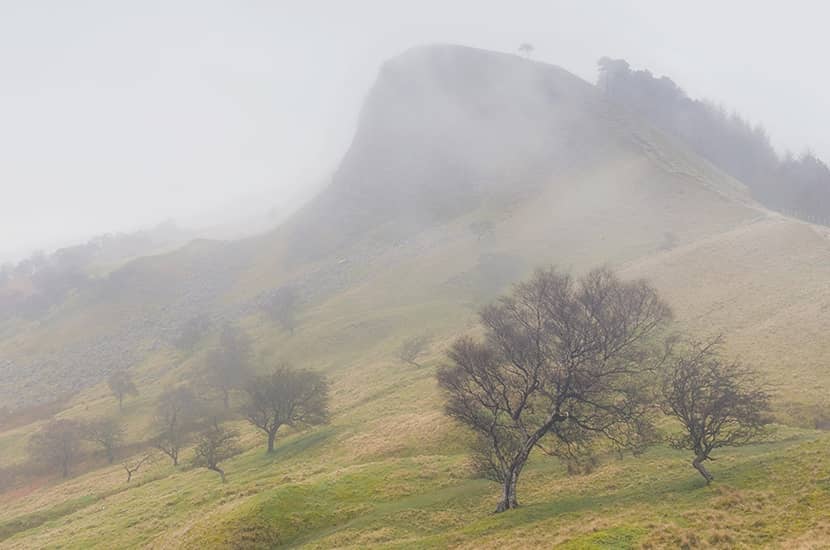Novelists are leery about letting the buzzwords of recent history into their books. The immediate past threatens to upstage the imagined world with its reality, and at the same time diminish it with the cardboard tang of everyday life. Sarah Moss, by contrast, has never been embarrassed to lend her prose the texture of contemporary conversation. As a celebrated author of novels in which catastrophe shatters middle-class English lives, she was always a likely candidate to be quick off the mark with a lockdown novel.
In her latest, it’s November 2020, as night falls in the Peak District. Kate, a single mum, is half way through a 14-day period of mandatory isolation when she decides to slip out for an illegal walk in the hills. Her son remains behind; her widowed neighbour, Alice, sees her going up the path. The book opens with Rob, a volunteer for Mountain Rescue, getting word that a woman’s gone out on the fell and hasn’t come back.
What follows is a book that engages head on with the obvious difficulties of writing a lockdown narrative. Over the course of a single night, we move between isolated perspectives as tragedy looms like the descending northern fog. It seems like one of those distanced dramas staged on Zoom: a four-hander, whose long passages of free-indirect discourse feel like monologue or soliloquy. Integrating word choice with subject and genre was once called the problem of ‘decorum’, and a certain verbal restraint holds here as well. The novel’s opening pages make reference to kitchen extensions, student debt, ambulance response times, planning permission, A&E, self-isolation and social distancing. But no one comes right out and calls it Covid.
Kate wakes up face down in sheep droppings, unable to move. Her thoughts come through in jerky telegraphese: ‘One foot works. Don’t think about the leg. Cold.’ As her son waits for news of his mother, Rob goes out into the hills to find her. Alice, meanwhile, has spent the night unable to sleep. In long but tightly controlled sentences, Moss captures her circular patterns of complaint. ‘A person can doubtless live like this indefinitely, the background murmur of dread only a little louder week by week,’ begins a typical thought, before rapidly changing course, bristling with anger and finally falling off into privileged embarrassment: ‘Shame on her for comparing her comfy house, mortgage paid off, with her kind neighbours and her garden, to a prison.’ The word ‘garden’ might be the novel’s most appalling detail.
The blasted heath conjures an idea of broody gothic, but it’s also a venerable site of privilege-checking in English literature: the place where Shakespeare sent Lear, mentioned in this novel, to experience ‘the houseless heads and unfed sides’ of society’s most miserable. (‘Oh I have ta’en too little care of this’ he wails.) A touch of the fantastic does enter The Fell though, in the form of a talking raven who — like Lear’s Fool — mocks and chides broken-legged Kate as she crawls down the mountainside. ‘Are you a spirit animal or my mother?’ she complains.
It’s the sole magical note in a novel that otherwise feels schematically conceived. After all, is this not the told and told again story of the past 18 months: a quarantined nation, someone in need and the emergency services coming to help them? In this case, it’s a broken leg and mountain rescue, not a breathless pensioner in hospital. Someone will write that other book eventually. For now though it’s all too recent, too pungently freshin the mind.






Comments